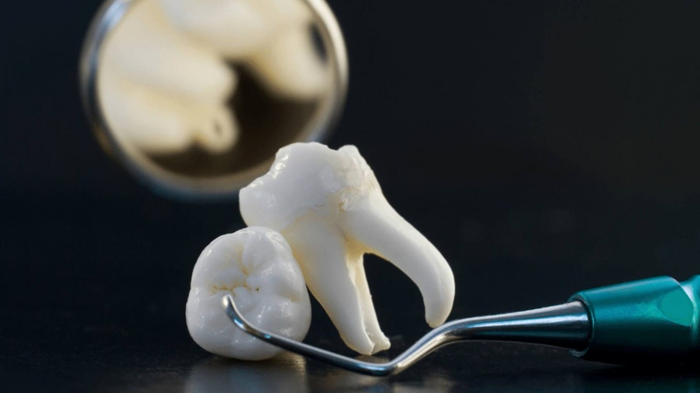Scientists from King’s and Imperial College London have grown a human tooth in a lab for the first time, The Independent reports. According to the scientists, this achievement opens up the possibility of restoring lost teeth using the patient’s own cells, without the need for implants or fillings.
The team has developed a special biomaterial that recreates the conditions necessary for the natural development of a tooth. This environment allows cells to begin to interact with each other and transmit signals, which leads to the formation of the structure of a real tooth. Unlike implants, which require surgery and can cause complications, grown teeth are able to integrate into the jaw, adapt to changing conditions and even recover like real ones.
The researchers are considering two possible ways to implement the technology. The first is to grow a full-fledged tooth in the lab and then transplant it. The second is to introduce early rudiments of dental cells directly into the patient’s gums, where they will develop and form in the oral cavity. Both approaches require an accurate reproduction of the earliest stages of tooth development, which was previously impossible due to insufficient coordination between the cells.
The technology could revolutionise dental practice, according to project leader Dr Ana Angelova-Volponi of King’s College London. Given that adult humans do not grow new teeth (unlike some animals, such as sharks and elephants), the ability to grow a tooth from a patient’s own tissue would be a fundamentally new and more reliable treatment.

